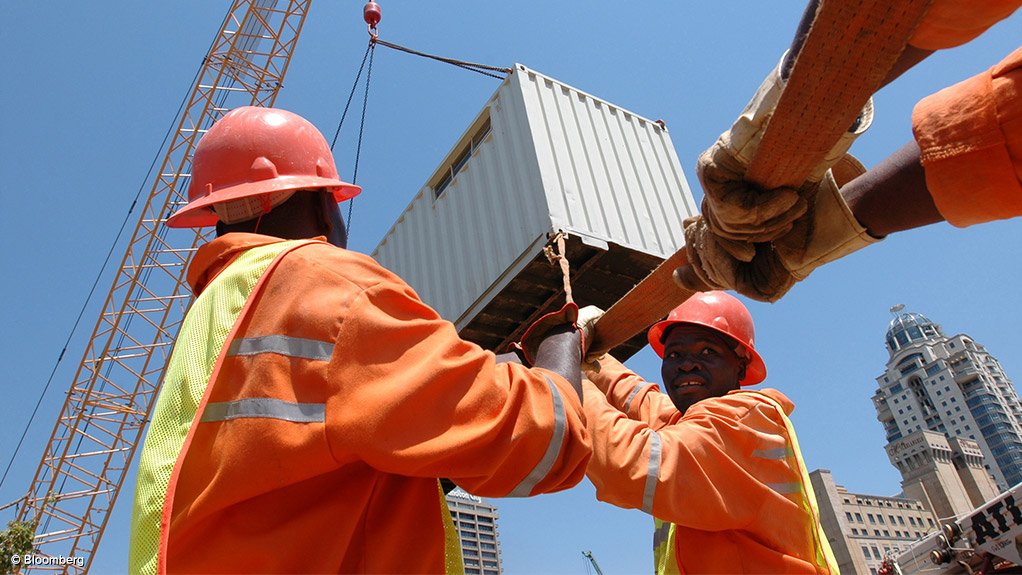The Financial and Fiscal Commission says spending performance by State-owned entities on infrastructure projects has improved despite tight fiscal conditions.
The Financial and Fiscal Commission (FFC) today tabled its Annual Submission for the Division of Revenue in Parliament. Bongani Khumalo, the Commission’s deputy chairperson, said while the investment in infrastructure has been revised downwards for the next three years, spending performance has improved notably since 2010.
He said this as government aims to grow the economy by a rate of five percent by 2019, with infrastructure investment being at the apex of the National Development Plan, the country’s policy framework to kick-start the economy to prosperity by the year 2030.
“For example, State-owned enterprises (who are responsible for the bulk of infrastructure delivery) improved infrastructure spending markedly, from 60.1% in 2010/11 to 98% in 2013/14.
“Similarly, provincial spending on infrastructure increased from 84.7% in 2010/11 to 92.9% in 2013/14. While local government spending on infrastructure increased from 78.5% in 2011/12 to 90.6% in 2013/14.
“If this spending trend continues and is well-managed, public infrastructure investment can contribute to a robust economy,” he said.
When the National Treasury tabled the 2014 budget, R847-billion was allocated towards public infrastructure investment, a bulk of which was earmarked for the transport and electricity sectors.
Since that budget, economic growth grew at a lower-than-anticipated rate and this led to government announcing wide-ranging austerity measures to contain expenditure.
This, Khumalo said, led to infrastructure allocations being revised downwards by R34.2-billion.
Over the next three years, the total infrastructure investment is projected at R813.1-billion, of which two thirds, or 77%, will go to the transport, energy and water and sanitation sectors.
With the Commission having made its annual submission on the division of revenue in Parliament, he said the submission looks at how the intergovernmental fiscal relations can be leveraged to create better conditions for the efficient delivery of public infrastructure through redesigning grants, accountability systems and optimizing investment in human capital.
He said to overcome constraints and strengthen cross-departmental collaboration, several measures needed to be implemented.
Khumalo said the Commission’s recommendations for the 2016/17 includes:
· Conditions for creating prosperity for all through infrastructure-led growth;
· Economic growth effects of municipal capital expenditures;
· Management of direct and indirect conditional grants;
· Accountability for local government infrastructure delivery;
· The use of ICT to improve government operations;
· Fiscal arrangements for financing early childhood development; and
· Measures to improve public sector productivity.
“If managed effectively, public investment has the power to stimulate the economy, leading to increased revenues that will enable government to meet the NDP socio-economic goals.
“While government will need to make some tough decisions in order for all the proposed measures in this submission to bear fruit, the Commission believes that implementing these recommendations will result in more efficient delivery of public infrastructure, leading to improved production and trade, higher human capital and, ultimately, increased economic growth and attainment of the NDP goals for 2030.”
EMAIL THIS ARTICLE SAVE THIS ARTICLE
To subscribe email subscriptions@creamermedia.co.za or click here
To advertise email advertising@creamermedia.co.za or click here











